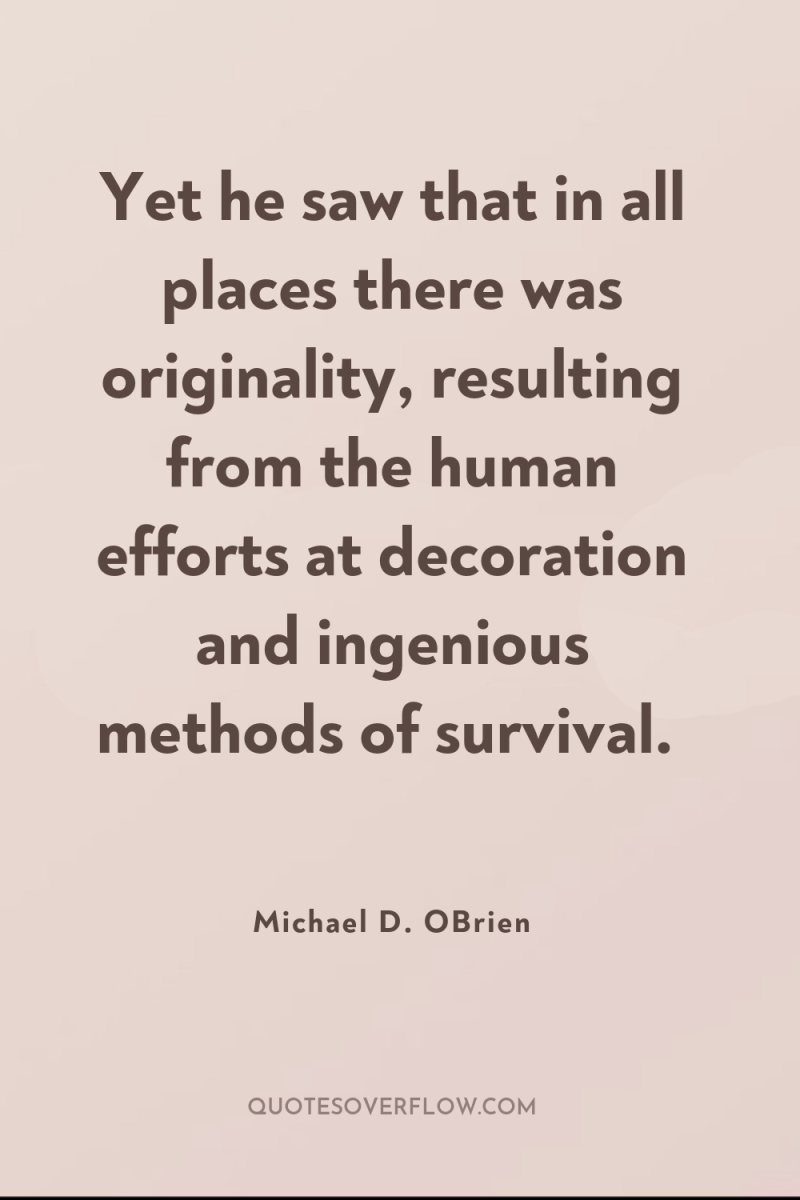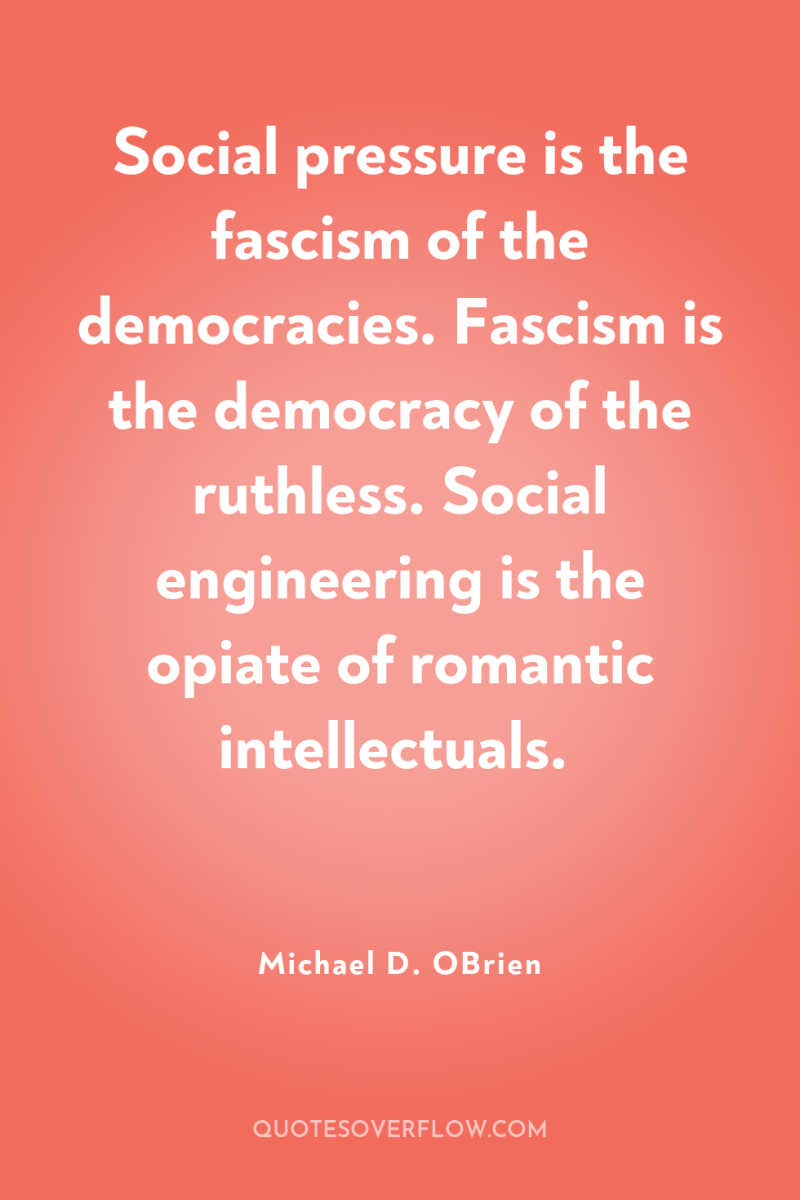A native of Pennsylvania, Michael D. O'Brien now resides in Alameda, California and has been actively writing and publishing since the early 1980s. He is an active proponent of world peace and a promoter of personal freedom.
He is the author of over sixty books, including "The Wisdom of Echothys; The Art of Getting Rich; The Truth About Life; The Nine Gates to Power; A Practical Guide to Magic & Power; Beyond Logic: Man's Journey into the Infinite Through the Mind's Eye; The Dialogue of Consciousness: A Mind-Expanding Guide to Reality; Personal Power: How to Use Your Thoughts to Create Your World; How to Master Relationships: An Easy-to-Use Manual for Every Relationship You'll Ever Have."
His books have been featured in over one hundred newspapers and magazines around the world, and have sold millions of copies worldwide
Read more
O'Brien has authored hundreds of articles on a wide variety of topics, including personal empowerment, relationships, communication, and love.
O'Brien's latest book is "The Ego Trick" (Judaica Press) which explores the reality of our ego selves. His earlier book "The Tao Of Relationships" (Judaica Press), explores how people can use their minds to create deep connections with others.
Michael D.
O'Brien's first book "8 Keys To Success" was published by World Color Press in 1986, followed by other titles including "8 Keys To Success 2nd Edition" (World Color Press), "The Tao Of Relationships 2nd Edition" (World Color Press), "The Seven Gates Of Intelligence" (World Color Press), "Personal Power 2nd Edition". Michael D. O'Brien's last book "How To Master Relationships" was released by World Color Press in 2009.

